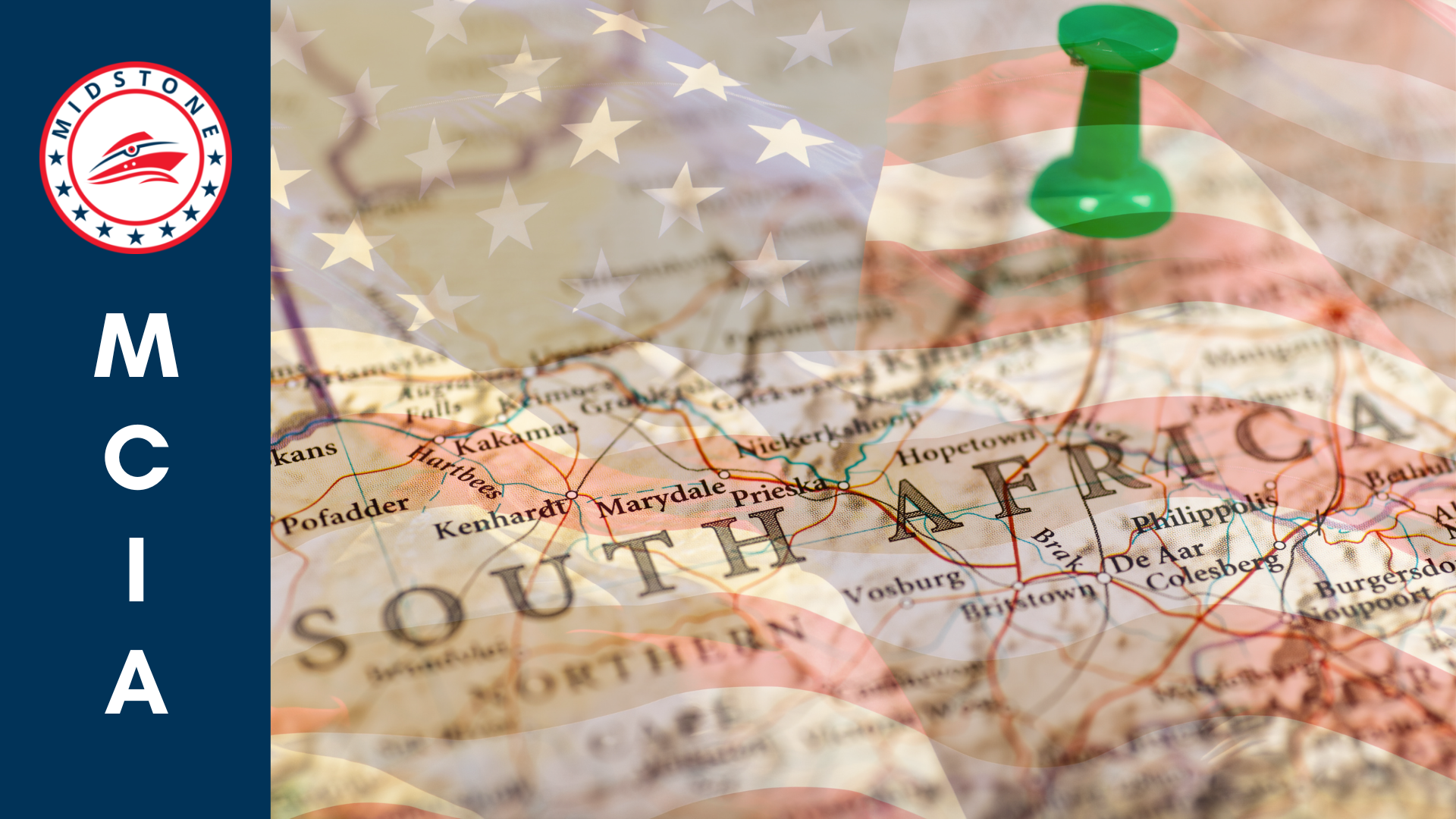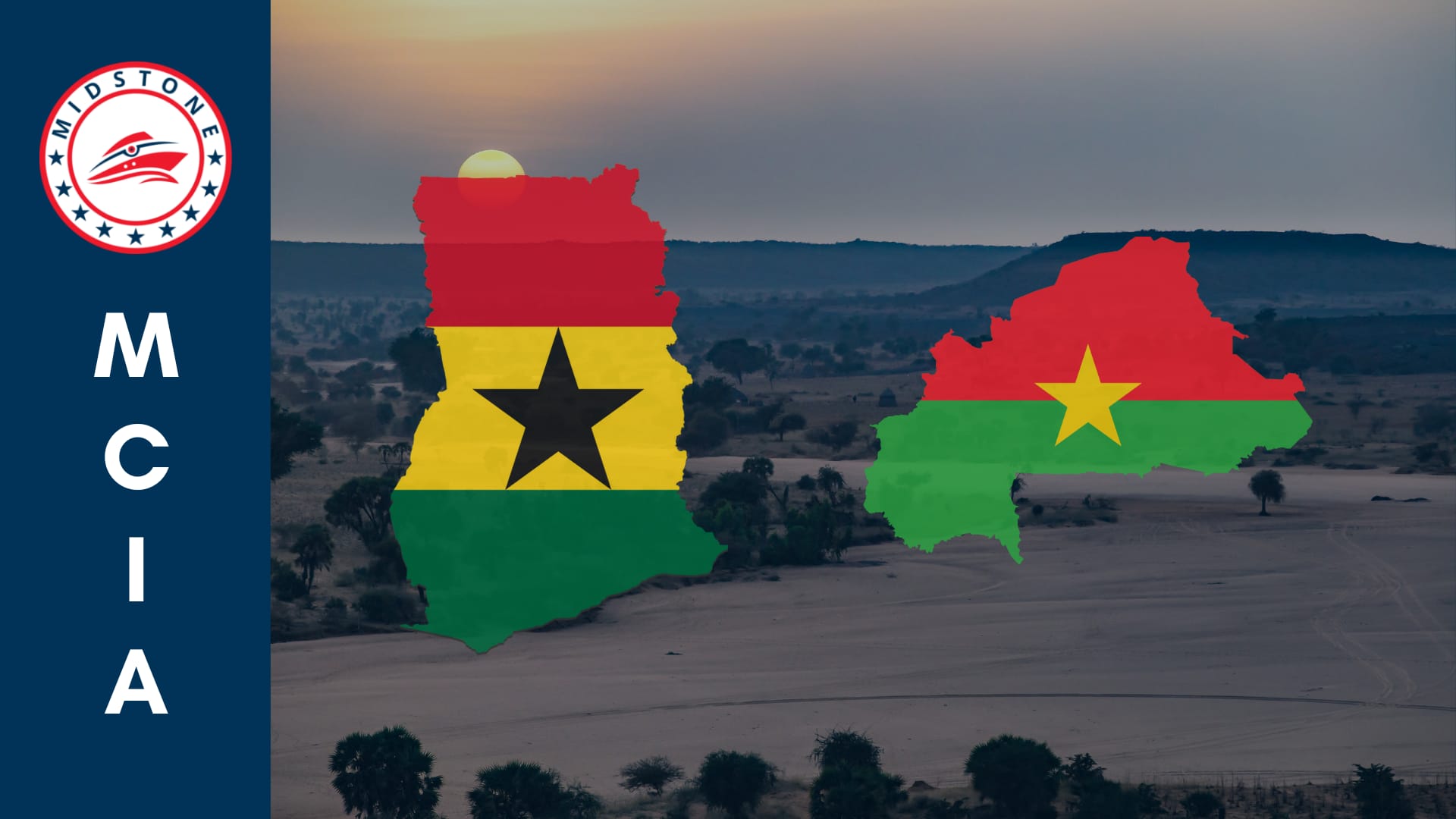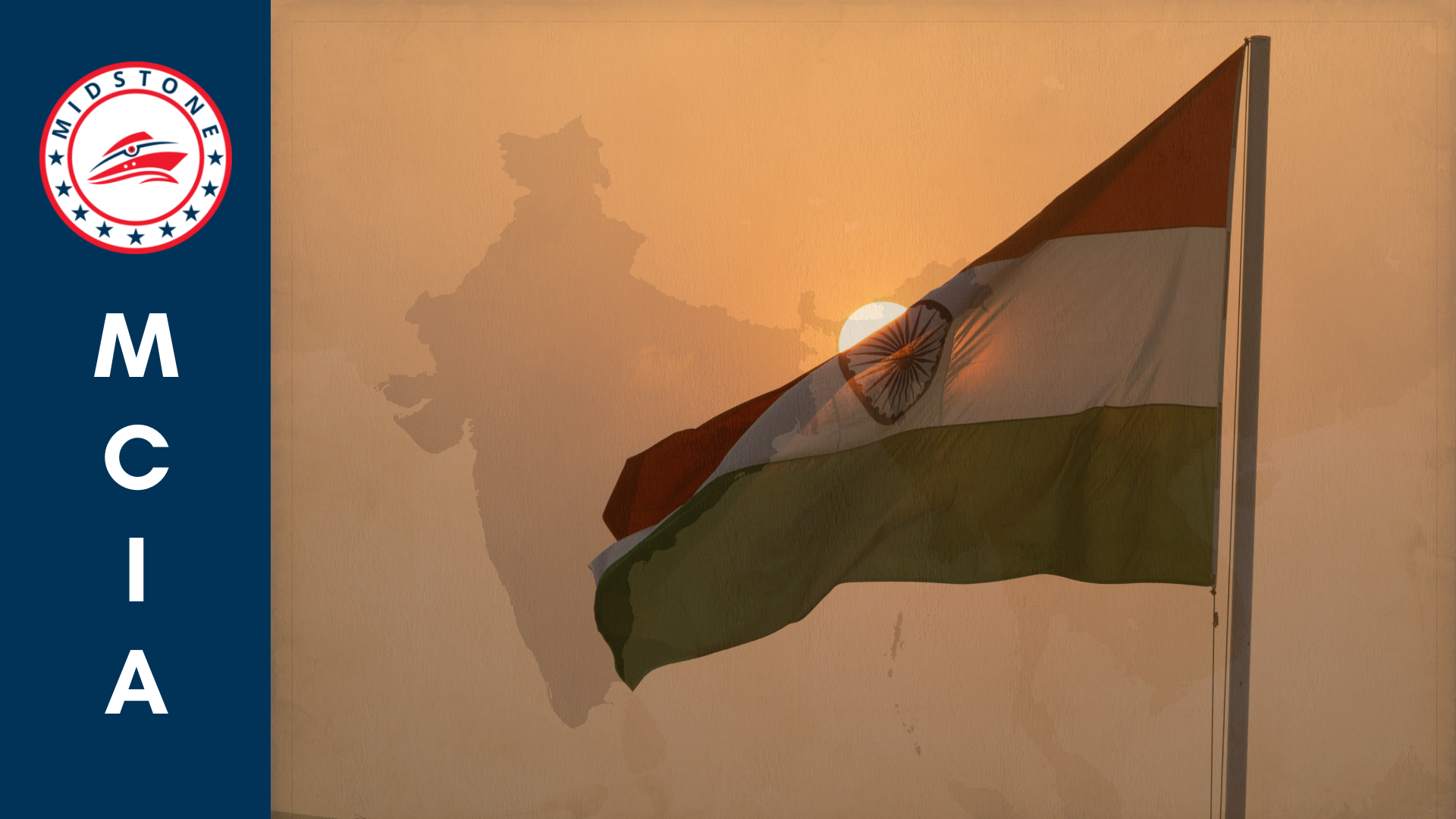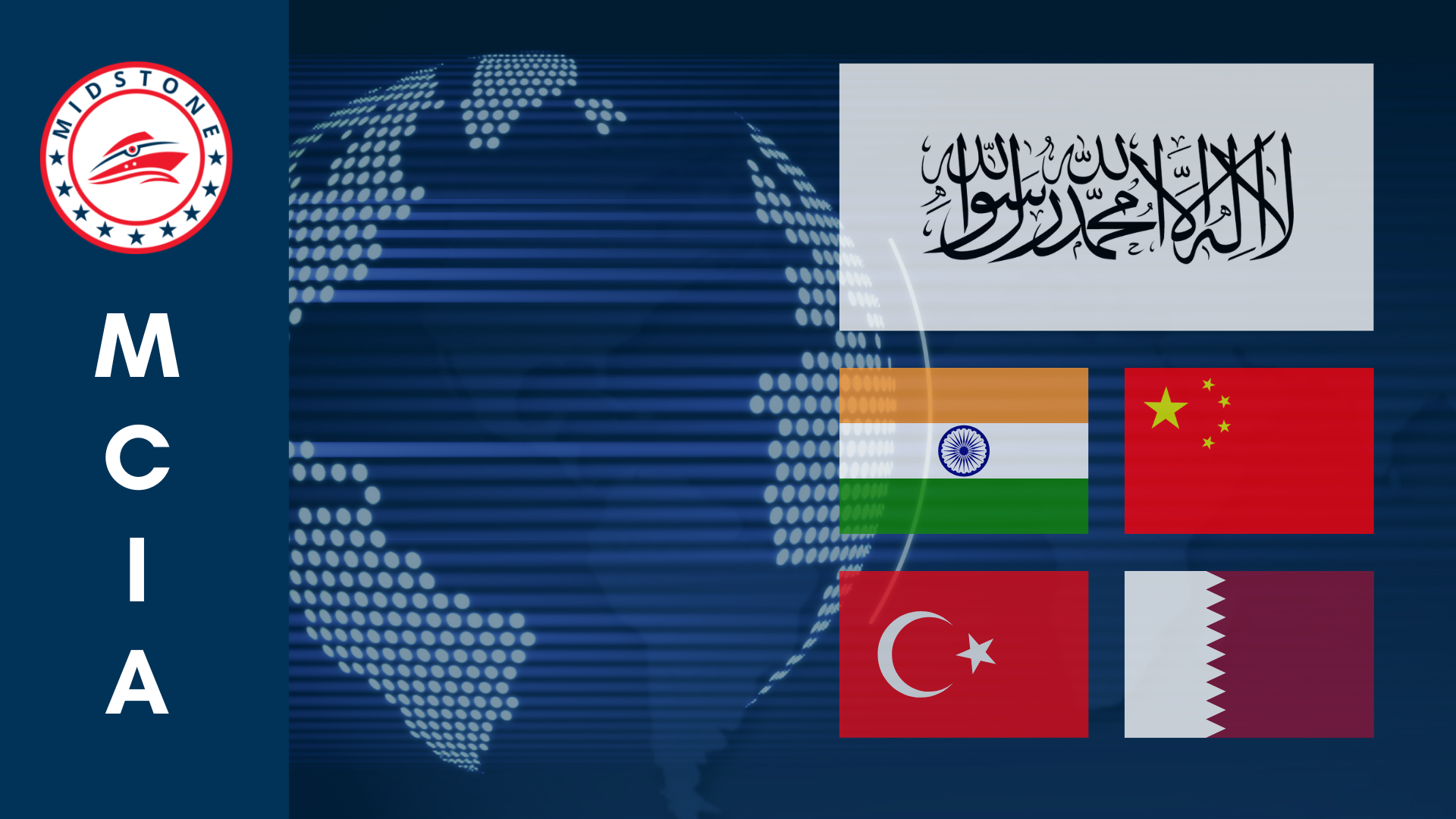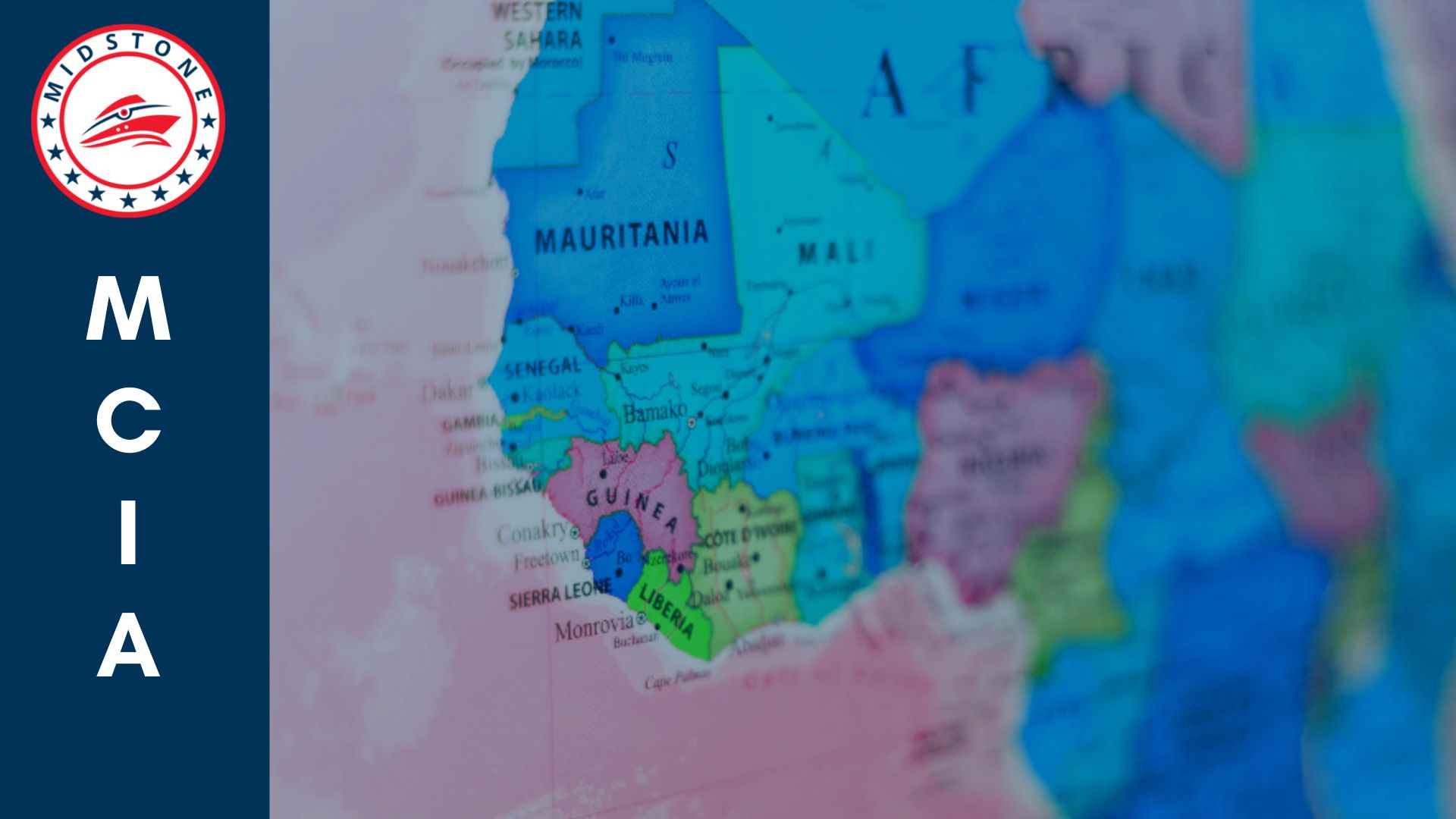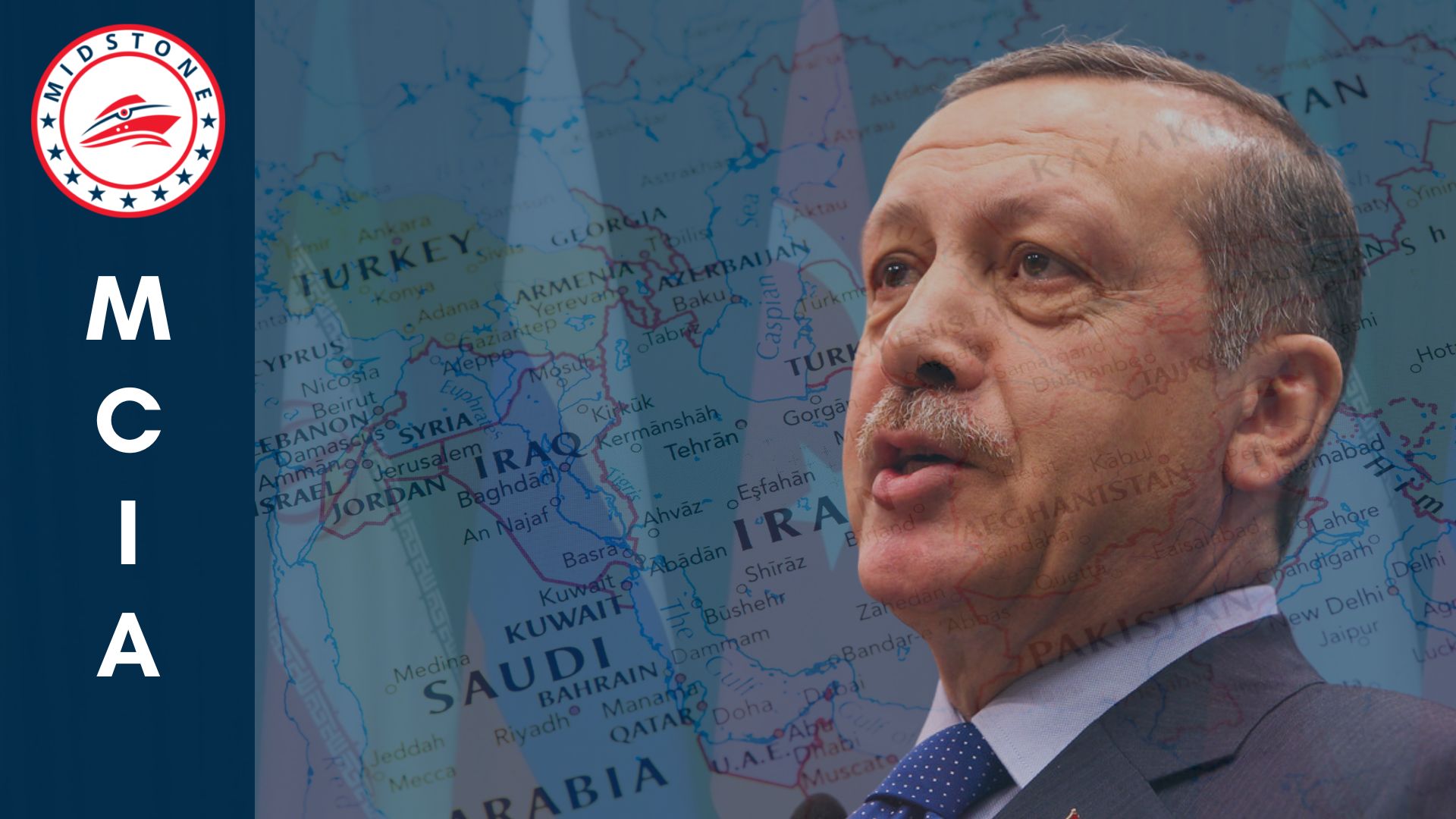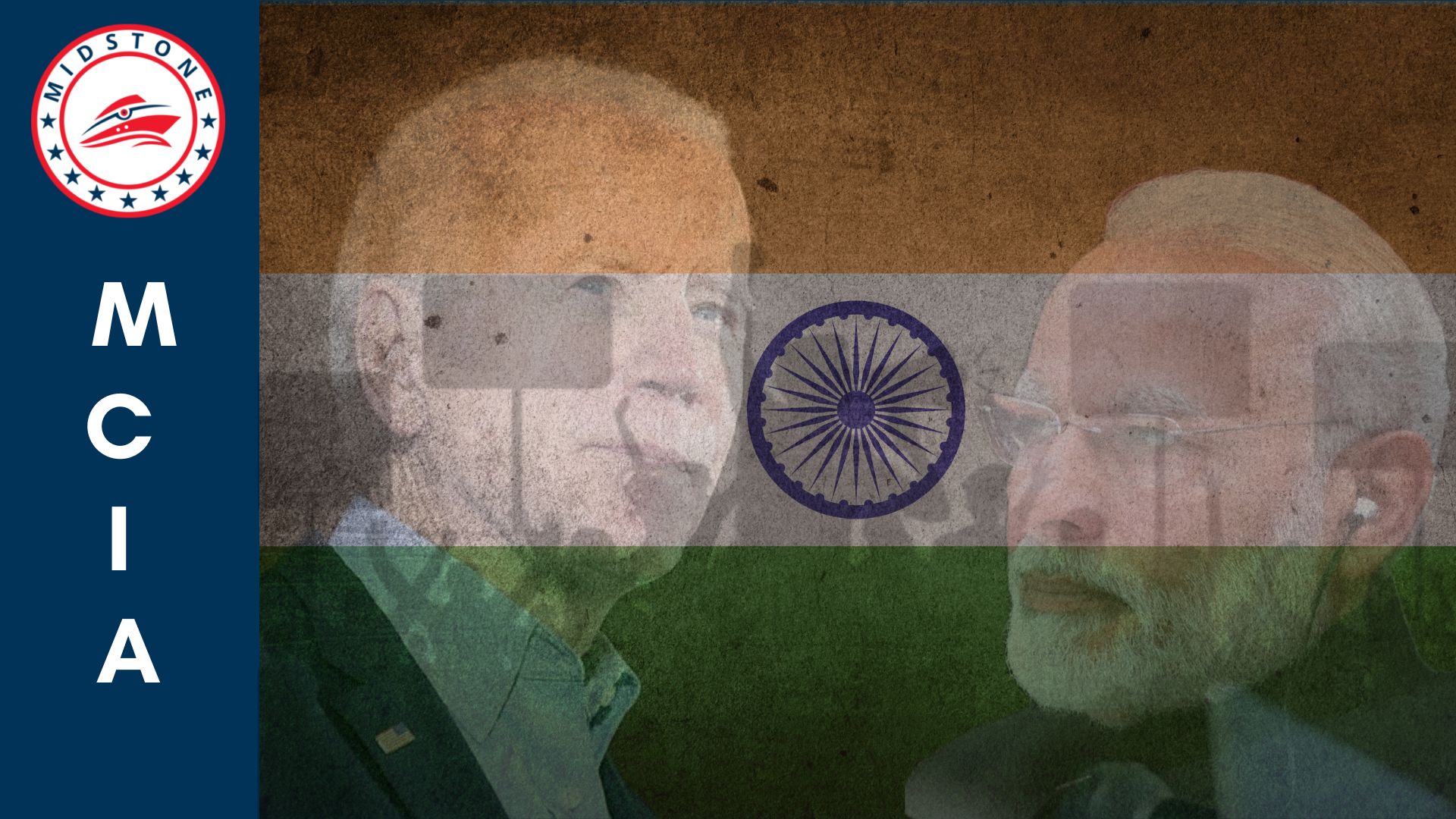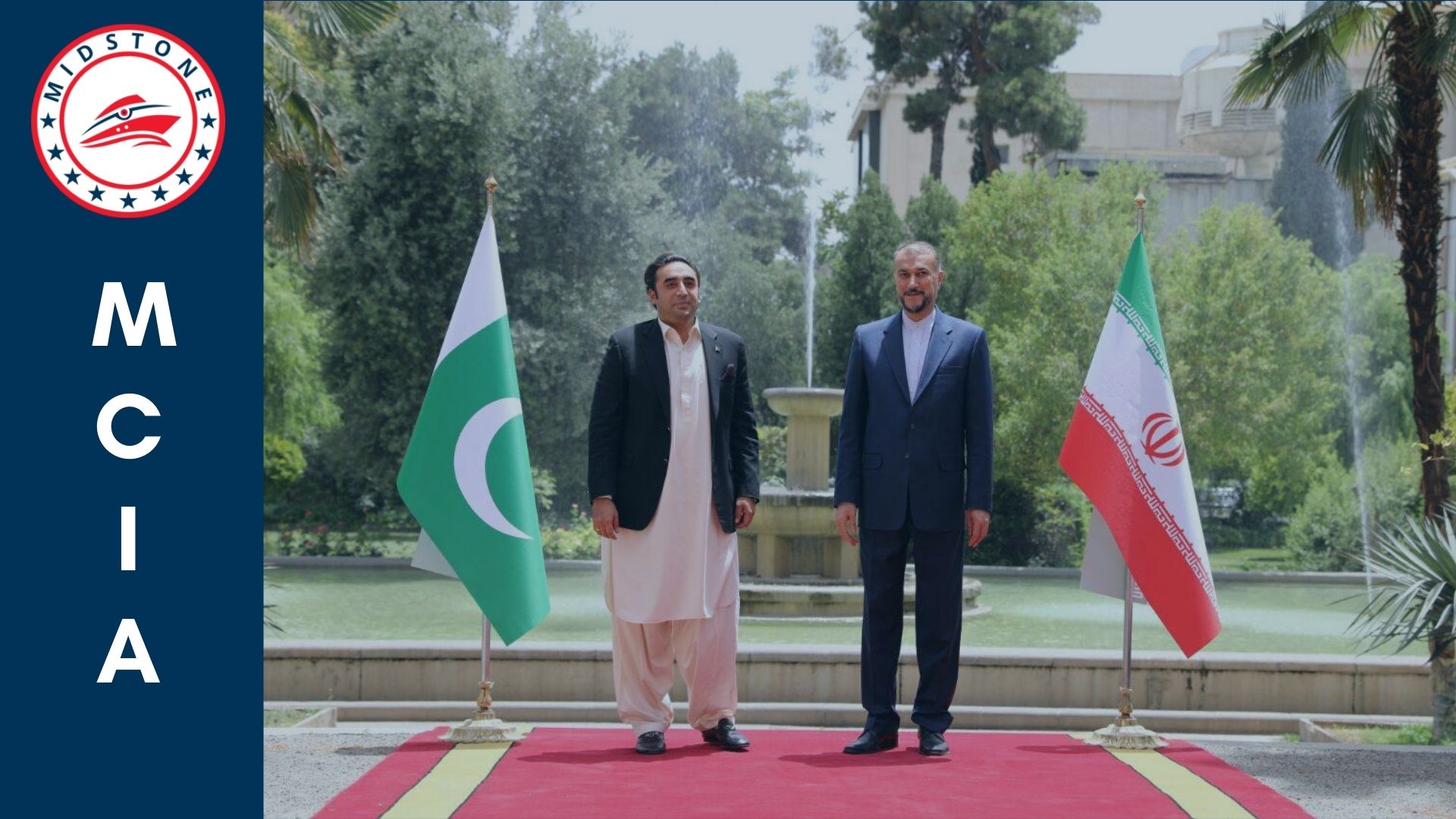In a pivotal diplomatic visit to Washington, South Africa's Minister of International Relations and Cooperation, Naledi Pandor, sought to mend fences amidst recent tensions with the United States. Reflecting on the strained relationship, Minister Pandor remarked on the unfortunate repercussions faced by South Africa due to differing ideologies. Emphasizing South Africa's robust democracy, she highlighted contrasting sentiments between the US Executive Branch and Congress, particularly regarding freedom of religion. As discussions unfolded, concerns emerged over proposed legislation in both nations, underscoring the delicate balance between policy, governance, and individual freedoms.
The security challenges in the Sahel are continuing the trajectory of moving southwards towards the Gulf of Guinea. And it appears that a new flashpoint may be arising as well.
India has solidified its standing as a major global force, whose advice on matters of war and peace would be heeded and whose voice of reason brought the mystical Indian idea of "one world, one family" to life.
When the Taliban took power in Kabul in August 2021, many countries in the world expressed grave concern for the citizens of Afghanistan whose fate was sealed under the rule of a terrorist organization. About sixty countries published a joint statement expressing responsibility for human life, and their property, and restoring the Afghan people's sense of security. After about two decades of the Taliban fighting as an opposition to the Afghan government, which enjoyed the support of NATO and the United States, the organization returned to control the poor country and the war-torn country in South Central Asia.
On the morning of February 6th, 2023, Turkey was shaken by two powerful earthquakes that left a trail of destruction in their wake. The first struck 34 km west of the city of Gaziantep at 1:17 UTC, with a magnitude of 7.8, making it one of the strongest earthquakes to hit Turkey in modern times. The quake was felt in both Turkey and Syria, causing widespread damage and loss of life. The aftershocks were also very strong, with the strongest registering a magnitude of 6.7. The second earthquake hit the city of Kahramanmaraş just 9 hours later, with a magnitude of 7.5, causing further destruction and adding to the toll of the first quake.
The winds of change have blown hard in several countries worldwide over the last couple of years, but rarely has a poor situation shifted into one of positive change.
On 19th July, Turkish president, Recep Tayyip Erdogan, along with Russia's Putin, gathered in Tehran in the presence of Iran's President Ebrahim Raisi for a Tripartite Summit within the framework of Astana format.
It is rare in 2022 to announce that a country has had a good week geopolitically, but one country in Europe managed to pull it off with little or no fanfare.
The country in Europe that managed to pull off this feat is Greece. There are two important reasons why this happened and what will come as a surprise to many readers - both reasons have the same conduit for action. That conduit is their relations with the United States of America.
The surge in communal violence has sparked concern among many in India who fear the country is becoming more polarised than ever along communal lines. For many, the blame should be directed toward the ruling right-wing party Bharatiya Janata Party, led by the prime minister, Narendra Modi.
On the 14th of June, Pakistan's Foreign Minister Bilawal Bhutto met with President of Iran Ayatollah Ebrahim Raisi. He conveyed the greetings of the Prime Minister of Pakistan Shehbaz Sharif, who was not present and invited him to visit Pakistan at his earliest convenience - a reiteration of Prime Minister Shehbaz Sharif's invitation in April to Iran’s President Ebrahim Raisi to visit Islamabad.

